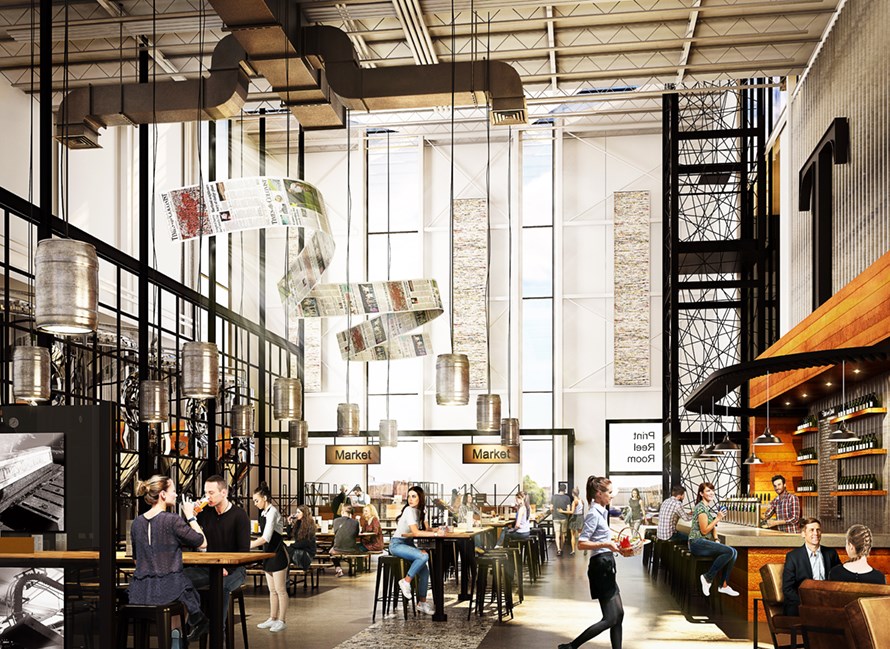High demand and a lack of new product are helping to transform historic Victoria buildings into contemporary new office space.
“The main drivers for the office market in Greater Victoria remain the technology and government sectors,” said Elyse Norgaard Kituri, chair of the Building Owners and Managers Association Victoria chapter. “There’s a particular demand from government for Class A office space, which is being met with recent and ongoing developments.”
Commercial real estate firm CBRE Group said there is also strong demand for prime office space from the private sector, while investors and developers see the region as a relative bargain.
“We still see a tremendous appetite for investment product in Greater Victoria, and I think the same can be said for development properties,” said Ross Marshall, vice-president with CBRE Victoria. “Investors and developers see value in Victoria [because] it didn’t get over-inflated like Vancouver.”
A major addition arriving in the office scene is the Merchant House Capital makeover of the former Times Colonist building on Douglas Street, which is being transformed into 120,000 square feet of first-class office space and about 10,000 square feet of retail, including a brew pub, as the Victoria Press Building.
Downtown Victoria’s office vacancy was at 6.4 per cent overall in the fourth quarter of 2018, down from 7.2 per cent in the fourth quarter of 2017. That drop came despite the addition of 280,000 square feet of new office space to the mix last year, notes CBRE.
Marshall said professional firms and government are moving to Class A space, freeing up Class B and C space in the region.
But even in rosy conditions, the cost of construction, increased development fees, approval delays and other muncipal control factors could affect the appetite for downtown development.
Marshall says that, in some cases, it has spurred developers to explore other Island municipalities that might be keener on real estate investments.



